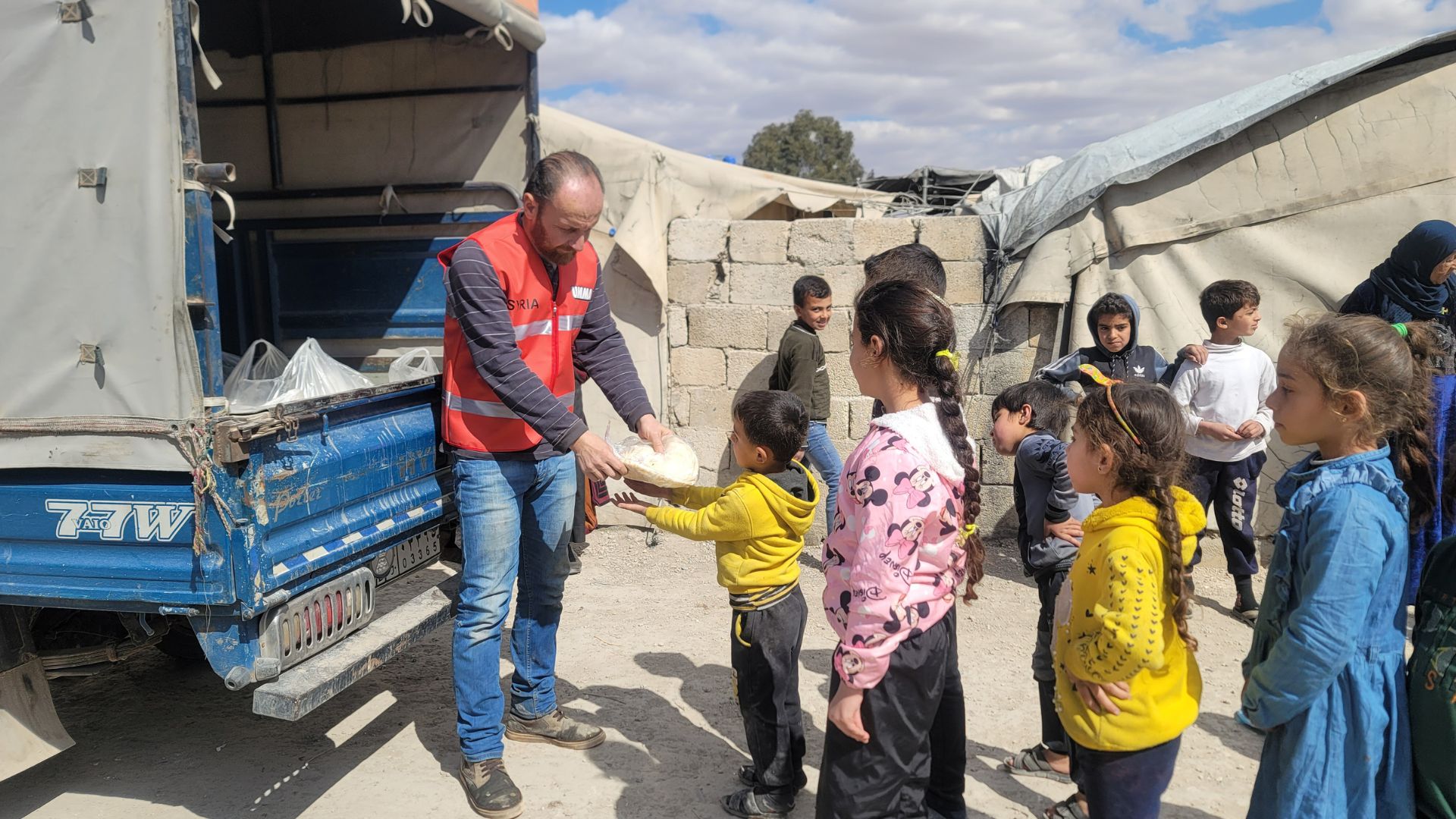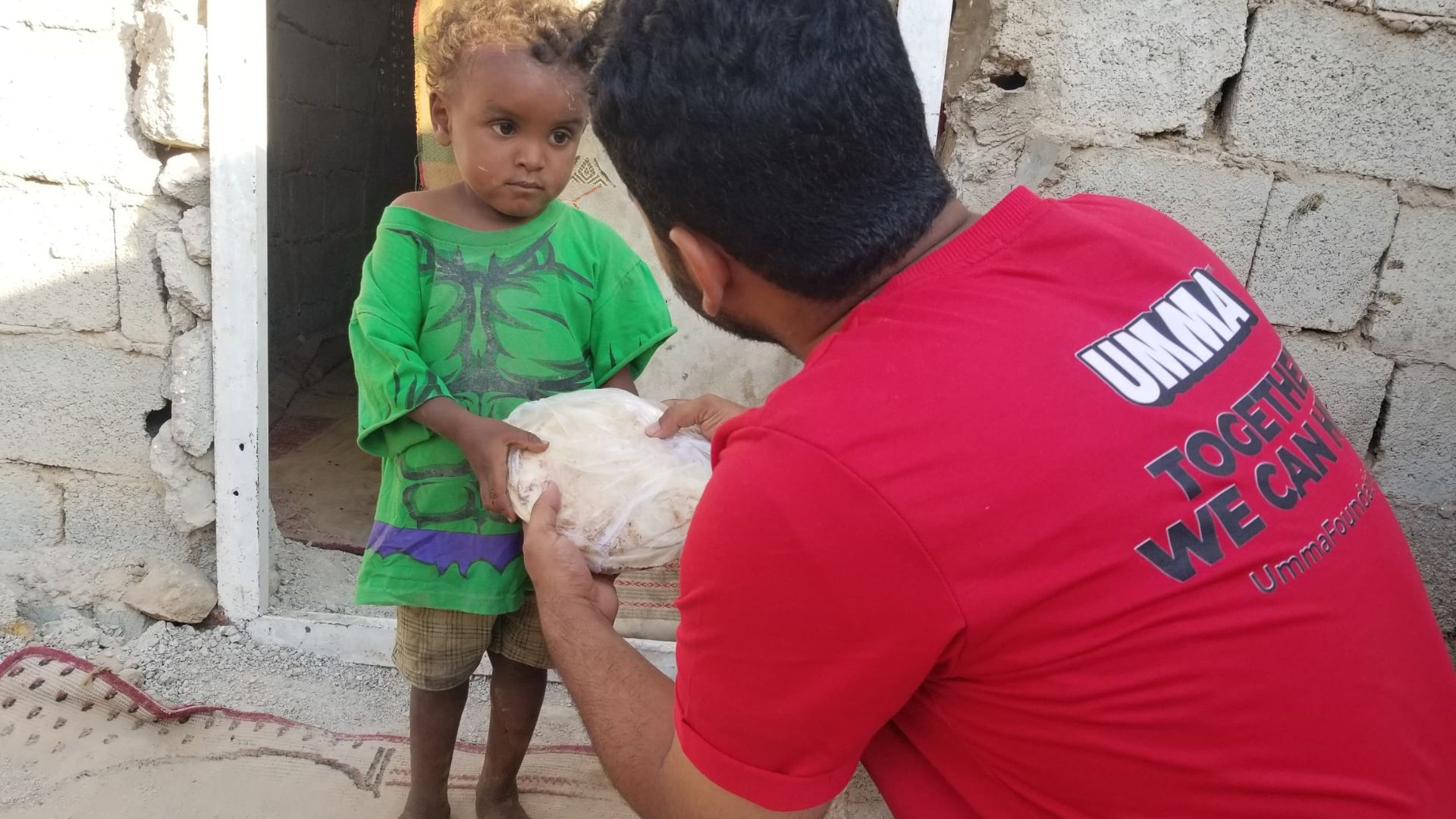Introduction
Faith giving is more than a charitable act. It's a powerful expression of belief, purpose, and commitment to service. Whether through zakat in Islam, tithing in Christianity, or offerings in other faiths, the act of giving rooted in spiritual values inspires lasting impact across communities.
This guide explores the meaning of faith-based giving, how it connects to charity, and how you can take action through organizations like Umma Foundation.
What Is Faith Giving?
Faith giving refers to donations or acts of generosity motivated by religious values. It's often seen in the form of:
- Zakat and Sadaqah (Islam): Obligatory and voluntary giving to help the poor and vulnerable.
- Tithing (Christianity): Donating 10% of income to churches or ministries.
- Charity in Judaism, Sikhism, and Hinduism: Giving as a mitzvah or dharma duty.
Faith giving transcends simple transactions. It's deeply personal and tied to the belief that we are stewards of what we possess.
"Giving in faith isn't about what we lose—it's about what others gain."
For a deeper look into faith-based generosity, explore resources like the Center for Faith and Giving or Lake Institute on Faith & Giving.
The Impact of Faith-Based Donations
Faith-motivated donors are among the most consistent givers in the world. According to the Giving USA Foundation, religious organizations receive the largest share of charitable donations in the U.S. every year.
Benefits of Faith Giving:
- Creates sustainable funding for humanitarian work
- Builds community around shared values
- Promotes empathy, justice, and equity
- Encourages recurring giving through monthly pledges
Did you know? Muslims around the world give over $200 billion in zakat annually, yet much of it goes underutilized due to lack of structure. Organizations like FaithDirect help automate faith-based donations.
How to Practice Faith Giving Today
Whether you're religious or spiritually inclined, here's how to get started with meaningful faith-based giving:
1. Set an Intention
Decide if your giving aligns with a principle like zakat, tithing, or sadaqah. Faith giving is most effective when it flows from sincerity.
2. Choose a Mission-Driven Organization
Look for charities that embody transparency, values, and impact. The Umma Foundation delivers zakat-eligible aid, food assistance, and humanitarian programs across Gaza, Sudan, Yemen, and New York.
3. Make It Recurring
Recurring donations are a modern way to fulfill traditional giving. Platforms like Faith and Giving or Faithful Giving help streamline monthly or yearly commitments.
4. Encourage Your Community
Promote giving circles at your mosque, church, or community center. Even small donations multiply when done together.
Top 5 Organizations Advancing Faith Giving
Here are five trustworthy organizations where faith-driven giving fuels real change:
- Umma Foundation
Faith-based nonprofit focused on humanitarian aid, food security, and zakat distribution in underserved communities.
🔗 ummafoundation.org/fundraise - FaithDirect
Secure, automated giving platform used by churches across the U.S.
🔗 faithdirect.net - Center for Faith and Giving
Offers stewardship education and resources for church leaders.
🔗 centerforfaithandgiving.org - Lake Institute on Faith & Giving
A research and training center focused on religion and philanthropy.
🔗 philanthropy.iupui.edu - Faithful Giving
Connects givers with global ministries and tracks donation impact.
🔗 faithfulgiving.org
Final Thoughts
In a world that often emphasizes materialism, faith giving reminds us that true wealth lies in service to others. Whether you're moved by spiritual teachings or moral purpose, your giving can become a lasting legacy of compassion.
📢 Start your journey at ummafoundation.org/fundraise











